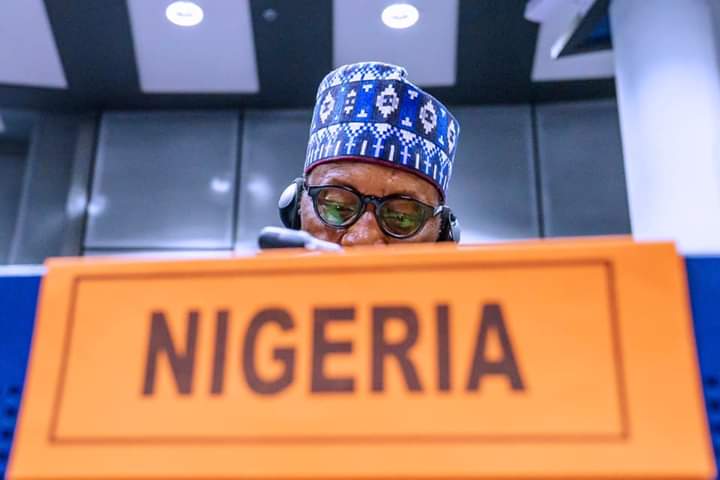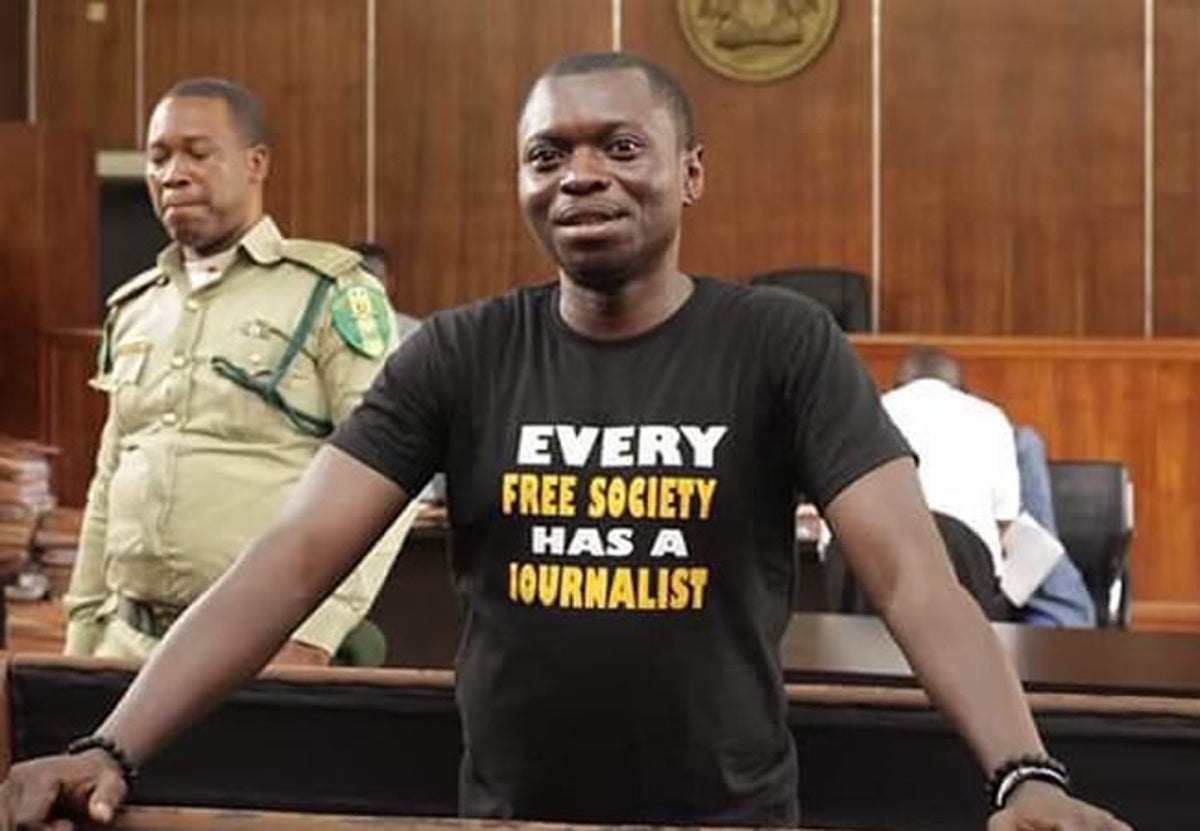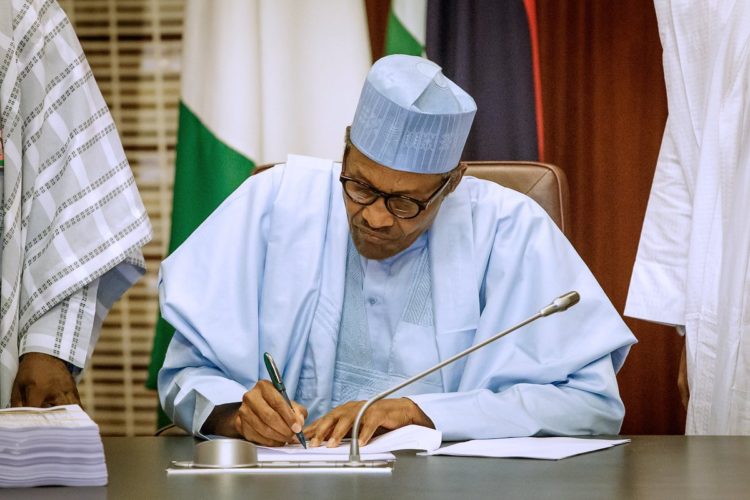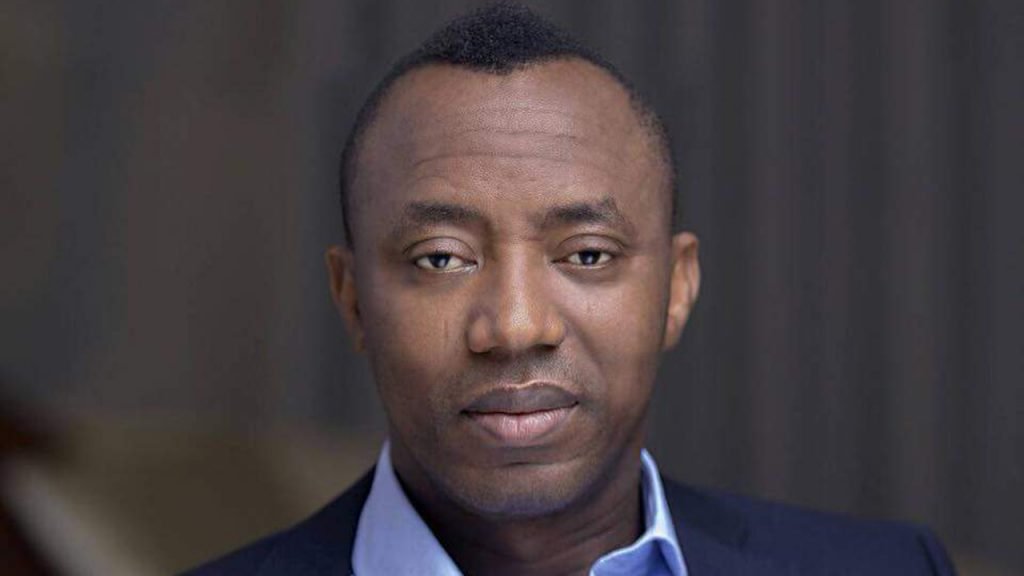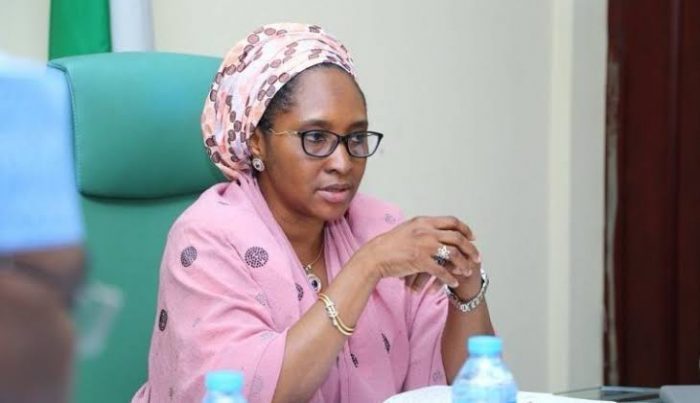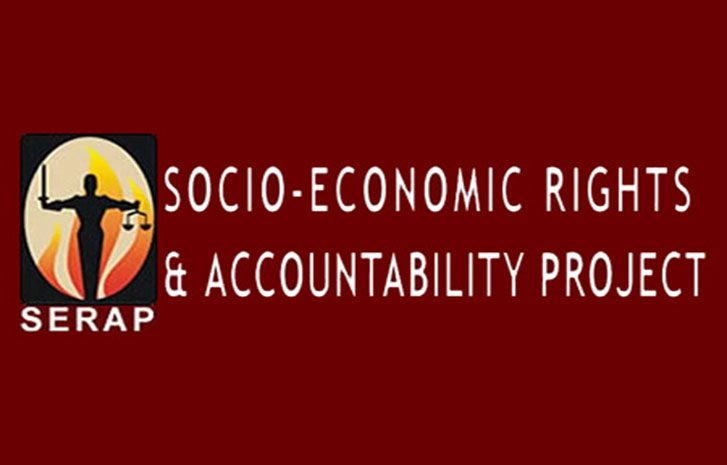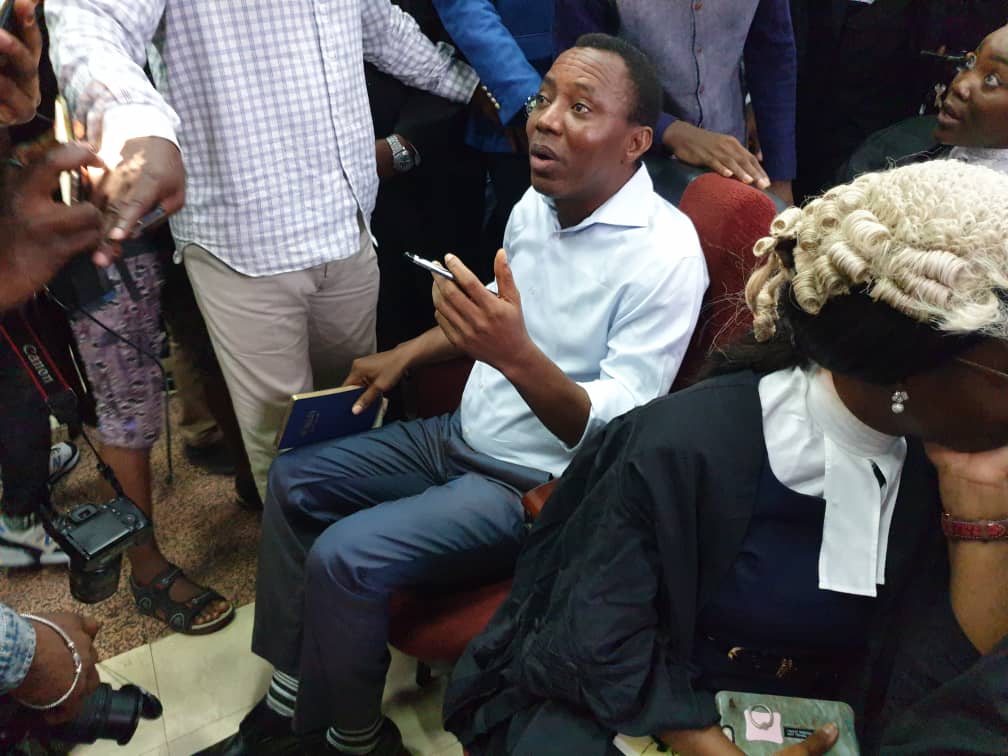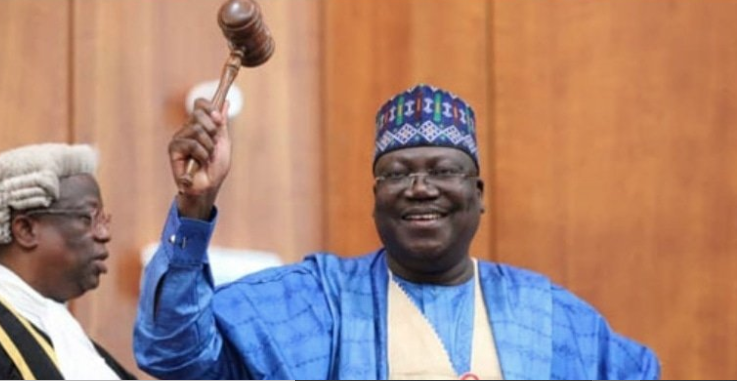Socio-Economic Rights and Accountability Project (SERAP) has asked the Federal Government to “disclose within 7 days of the receipt and/or publication of our Freedom of Information requests the exact amount of public funds stolen by a former military head of state, Sani Abacha and details of spending of about $5 billion recovered loot since the return of democracy in 1999.”
SERAP is also asking the Federal Government to “disclose details of projects executed with the Abacha loot and their locations, details of companies and contractors involved in the execution of any such projects, details of all the agreements on the loot, the roles played by the World Bank and other actors, as well as the implementation status of all projects since 1999.”
In two Freedom of Information requests sent to Mrs Zainab Ahmed, Minister of Finance, Budget and National Planning and Mr Abukabar Malami, SAN, Attorney General of the Federation and Minister of Justice, SERAP said: “We are concerned that substantial part of the estimated $5 billion returned Abacha loot since 1999 may have been diverted, re-stolen or mismanaged, and in any case remain unaccounted for.”
In the FoI requests dated 14 February 2020 and signed by SERAP deputy director Kolawole Oluwadare, the organization said: “Publishing the details of projects on which Abacha loot has been spent would allow the public to know the specific projects carried and the areas of the country in which the projects have been implemented as well as the officials that may be responsible for any alleged diversion or mismanagement of the loot.”
According to SERAP: “Getting to the root of the exact amount of the Abacha loot and how the returned funds have been spent is important for the success of the government’s fight against grand corruption and would reassure Nigerians that the government is truly committed to ensuring full accountability for the alleged corruption and mismanagement in the spending of the funds.”
“Any failure or refusal to provide the information requested will be clearly inconsistent with the letter and spirit of the FoI Act. The accountability of government to the general public is a hallmark of modern democratic governance, a norm of human rights and a tool to curb corruption.”
The FoI requests read, in part: “If we have not heard from you within 7 days as stated, SERAP shall take all appropriate legal actions under the FoI Act to compel you to comply with our request. Access to the details sought would allow Nigerians an opportunity to assess the impacts of any projects carried out with the funds.”
“SERAP is concerned that the allegations of corruption and mismanagement involving the use of Abacha loot may be responsible for the increasing level of grand corruption over the years and the entrenched impunity of perpetrators.”
“Publishing details of spending of Abacha loot by successive administrations would also ensure that persons with public responsibilities are answerable to the people for the performance of their duties including the management of Nigeria’s commonwealth.”
“Transparency and accountability enable citizens to have a say about issues such as the spending of returned Abacha loot, that matter to them and a chance to monitor and influence how the funds are spent as well as hold those managing the funds to account in cases of diversion or mismanagement.”
“The government ought to come up with an Abacha loot scoreboard to determine the exact amount stolen and the extent of transparency and accountability of the returned loot since 1999.”
“If there is any indication that any of the recovered Abacha funds have been diverted, re-stolen or mismanaged, for such cases to be immediately referred to appropriate anti-corruption agencies for effective investigation, and prosecution if there is relevant admissible evidence.”
“A scoreboard for the actual amount stolen and the spending of returned loot by each administration since 1999 would encourage more transparency and accountability and ensure that the funds reach the real victims of corruption as well as reduce concerns by Nigerians, the holding states and other partners about the returned loot being diverted, re-stolen or mismanaged.”
“According to our information, a special panel set up on 23 July 1998 by the former head of state General Abdulsalami Abubakar to probe the late military dictator General Sani Abacha stated that he stole over $5 billion between 1993 and 1998 when he was in power. Much of the stolen public funds have been returned to Nigeria.”
“The report by the panel shows that the government recovered some $635 million, £75 million, DM 30 million and N9 billion as well as several vehicles and properties in Abuja, Lagos and Kano together with 40% interests in West African Refinery in Sierra Leone. Other assets were recovered from the Abacha family and associates.”
“Furthermore, former president Olusegun Obasanjo administration also reportedly recovered over $2 billion of Abacha loot. Mr Obasanjo would seem to confirm this fact when he stated in the second volume of his book titled My Watch that: ‘by the time I left office in May 2007, over $2 billion and £100 million had been recovered from the Abacha family abroad, and N10 billion in cash and properties locally.’”
“Similarly, former president Goodluck Jonathan administration reportedly recovered $226.3 million and €7.5 Million from Liechtenstein. Some £22.5 million was also recovered from the Island of Jersey while $322 million and £5.5 million from the Abacha loot were reportedly returned to the government.”
“The government of president Muhammadu Buhari has also recovered several millions of dollars of Abacha loot since assuming office in May 2015, including $321 million from Switzerland, and $300 million from the US and Jersey.”
SERAP therefore urged the Federal Government to:
1. Disclose the exact amounts stolen by Abacha, and the total amounts of the recovered loot and all agreements since the return of democracy in 1999;
2. Disclose details of the projects executed with the funds, locations of any such projects and the names of companies and contractors that carried out the projects;
3. Disclose details of specific roles played by the World Bank and other partners in the execution of any projects funded with Abacha loot since 1999;
4. Refer any allegations of corruption involving the execution of projects with Abacha loot to the Economic and Financial Crimes Commission (EFCC) and the Independent Corrupt Practices and Other Related Offences Commission (ICPC) for investigation;
5. Ensure that anyone involved in alleged corruption in projects executed with Abacha loot is brought to justice if there is relevant and sufficient admissible evidence
“By Section 1 (1) of the Freedom of Information (FoI) Act 2011, SERAP is entitled as of right to request for or gain access to information, including information on the exact amount stolen and spending of returned Abacha loot and related details.”
